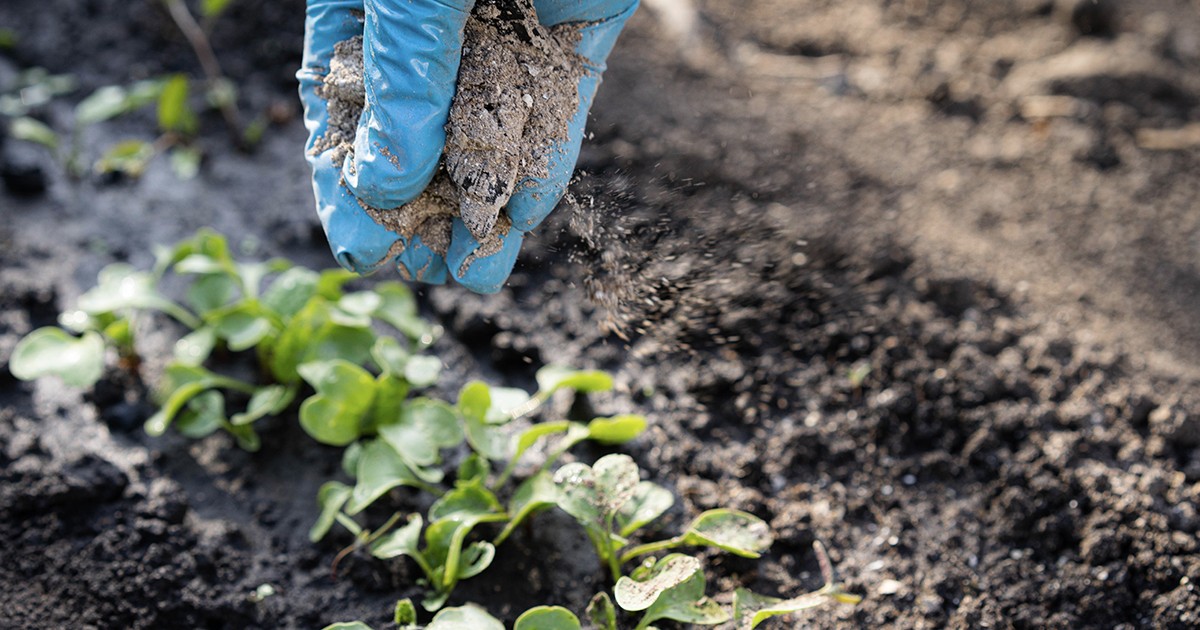
By Hailey Pierce
My grandmother passed away on August 17, 2021.
Tropical Storm Fred had crawled its way up the East Coast, vomiting up torrents of rain and lashing out tornados with fury and vengeance. The Appalachians, deep-rooted and ancient in their wisdom, seemed a proper line for Fred to trace: greed demanded that water should redefine what volcanos and tectonic plates had founded.
I imagine Fred with hooks in his clouds: the spiral swirl latching onto the peaks of Appalachia and heaving himself up and up, sinking claws deep and bloody to shred chunks of mountain flesh and send them cascading down the slopes; rip out the bleeding heart and send the waste crashing down in artery lines. Like an overgrown toddler, Fred raged against forces much older and wiser than himself. He let out a screeching, howling yowl and hurled rocks from the mountaintops.
But we see you. We see you.
Put that down, please, you’ll hurt yourself.
Don’t do that, it’s not nice to hurt other people.
Sleepy Haywood County, tucked into the downy nest of the Pisgah Forest of North Carolina, rests in the crooks of the mountains. Winding its way through the valley, the Pigeon River smooths over pebbles and bathes the hands of farmers seeking relief in the summer sun. And Fred saw that this was good, and Fred, like a demon of wrath and greed, grew in anger.
The Pigeon soaked up Fred’s rage, swallowing and swelling far larger than she ever could withstand. Her arteries, her gentle boundaries, penetrated and swallowed by the body she was never meant to withstand.
With six dead, two hundred and twenty-five buildings destroyed, and three hundred million in damages, Fred departed from Haywood County to let her clean up the mess and mourn her dead.
Skeletons of trees, shredded to splinters, laid in piles by the banks of the Pigeon River, side by side with the sheet metal skins of the mobile homes loosened from their foundations. Destruction and re-creation: the twirling dance of the aftermath of horror.
Six dead in total. I do not know if they drowned in the pregnant Pigeon or if landslides crushed their bones.
But I know that on August 17, in Haywood County, three miles away from the Pigeon River, safe and sound behind brick walls and higher elevation, my grandmother drowned in her own lungs, suffocated in fluid from her own liver.
And my mother could not call for help with the corpse of her own mother, flesh of her flesh and the lifeblood of her whole existence. Fred shredded power lines, the lamps sputtering out. Tears ran like rain, and the grief of a daughter who is also a mother, a nurse but now a house of pain, and my mother closed the door on the cold body of her mother and waited for the winds to die. To die, just like how lungs expel their last breath and leave behind nothing but destruction for us to live with.
Boulders tossed into the Pigeon; cancer bubbles in the bloodstream.
How do we carry on?
Look what you’ve left behind; how do I carry on?
We buried my grandmother’s ashes nine months later in a garden named after her. Nine months to incubate grief, to prepare for a funeral none of us wanted to plan. So we planted her, instead, to root next to birds-of-paradise and peace lilies, violets and hydrangeas. Storms can sweep away flowers just like rain can devour whole mountainsides, but we can plant again. We can grow again. We can laugh again.
I held my mother as she poured the ashes of her mother into the soil. I saw the pale, milky white smoke drift up, like one final breath of relief for my grandmother. A cleaner, easier breath than all her final breaths combined.